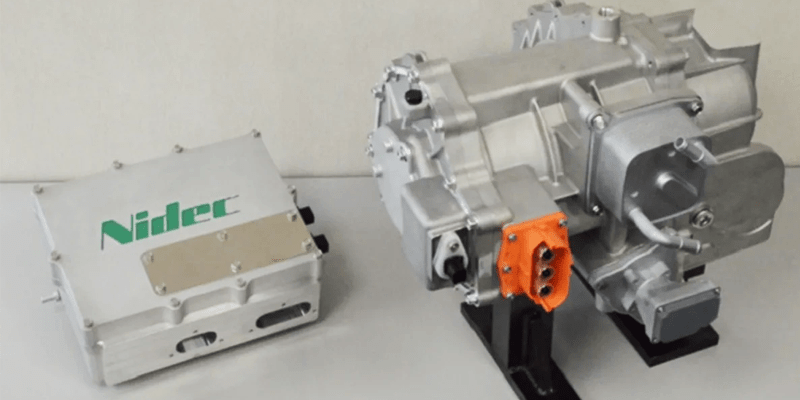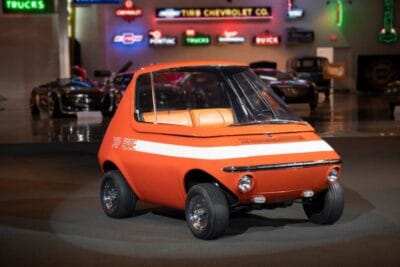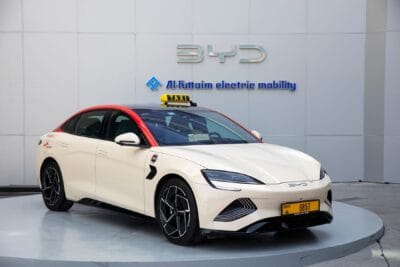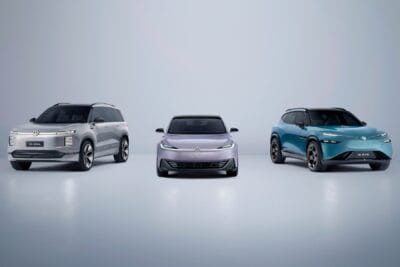Nidec invests billions aiming lead in e-drive market
The Japanese supplier Nidec has announced that it will invest up to ten billion US dollars in the automotive electric motor business over the next five years. According to the CEO, the company intends to “dominate the market for electric vehicle engines”.
The Japanese business paper Nikkei reported that the plan is designed to help the company capture a quarter of the market by 2025 and between 40 and 45 per cent of the market by 2030. Nidec is building capacity to supply two million electric drive motors to Chinese manufacturers and another million to European manufacturers. With a further engine plant in Mexico, the company’s production capacity is expected to reach five million units by 2025.
According to Nidec CEO Shigenobu Nagamori, this extreme expansion of production capacity will cost between 500 billion and one trillion yen. This is equivalent to a range of 4.8 to 9.6 billion dollars or 4.1 to 8.2 billion euros. This huge investment could affect short-term profit growth, but it is a “necessary investment to become a dominant player in an evolving market,” Nagamori said.
According to another Nikkei article, Nidec will also expand its production in Europe. The Japanese company is therefore investing 1.6 billion euros in a new plant in Serbia. The plant will be able to produce between 200,000 and 300,000 units per year. A precise location has not yet been revealed. In Europe, Nidec manufactures electric motors, among other things, in a joint venture with PSA.
Nidec’s growth ambitions are not new. In February, a high-ranking manager announced that the company wanted to increase sales and production of electric motors from 300,000 to twelve million units. In addition to the PSA joint venture, a joint venture with GAC for China was also established. In parallel, Nidec has repeatedly expanded its range of its own electric motors and e-axles.
In the meantime, Nidec has concluded agreements for the supply of electric vehicle engines with 22 car manufacturers, mainly in China and Europe. Nagamori indirectly criticised the fact that Japanese car manufacturers are much more hesitant about this. “To me, it is clear that [electric] motors will become the core in every transportation system in the future,” Nagamori told Nikkei. “Both ships and airplanes will also eventually be electrified.”
The pressure to innovate, after years of hesitation, to quickly bring corresponding electric cars to the market has led to strong growth at Nidec. In the past five years alone, sales have risen by 50 per cent. According to Nagamori, more and more car manufacturers have contacted suppliers like Nidec in order to be able to concentrate on their core competencies – the once important drive system is now becoming a supplier part.
For the fiscal year ending in March 2021, Nidec expects an operating profit of 140 billion yen, equivalent to 1.14 billion euros – an increase of 27 per cent. The forecast has thus been raised since Nidec previously stated 125 billion yen.
With reporting by Sebastian Schaal, Germany.
nikkei.com, nikkei.com, japantoday.com (factory in Serbia)





0 Comments